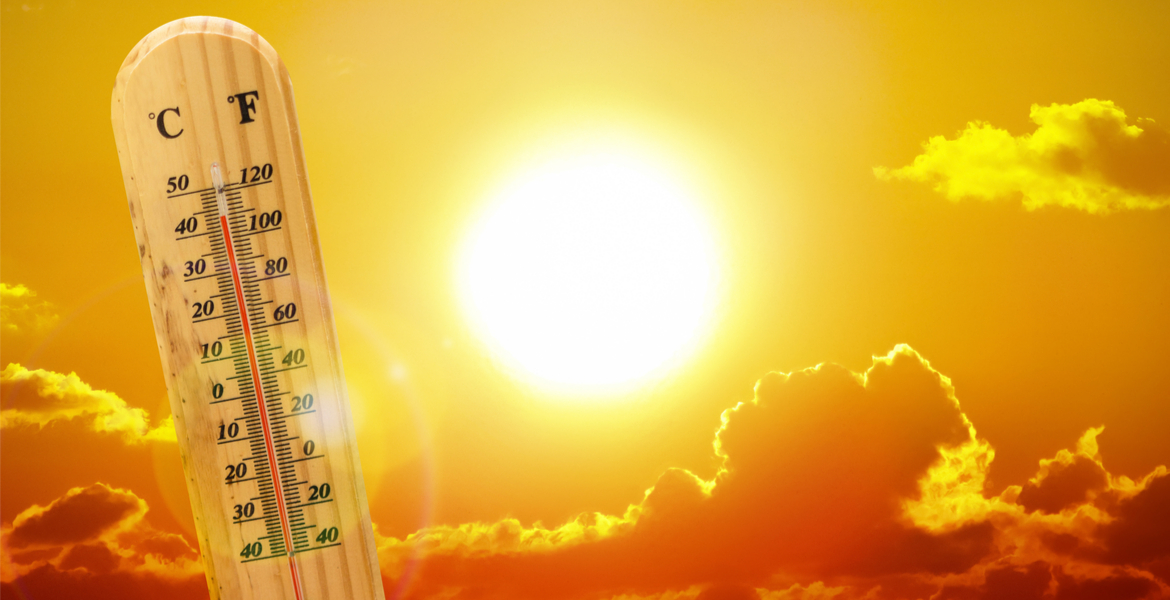
Keeping your cool in hot weather
Thursday, June 18, 2020
The Oklahoma heat can be brutal – deadly, even. Now that temperatures are really heating up, it is important to know how to keep cool.
High temperatures kill hundreds of people across the country every year, said Gina Peek, Oklahoma State University Extension housing and consumer specialist.
“Heat-related illness and death are preventable; yet more than 600 people across the country die from extreme heat every year. Getting too hot can actually make you sick,” Peek said. “When that happens, your body is no longer able to properly cool itself off. This is why it’s so important to stay cool and hydrated.” Peek said.
Heat can affect people differently, but those who are at a higher risk of heat-related illness are people age 65 and over, children younger than 2 years of age and people with chronic health conditions and mental health issues.
Peek said one of the main things affecting a person’s ability to cool itself during extremely hot weather is high humidity. A person’s sweat won’t evaporate as quickly, and this keeps the body from releasing heat as quickly as it needs to.
“Other factors include age, obesity, dehydration, heart disease, high blood pressure, poor circulation, sunburn and prescription drug and alcohol use,” she said.
Signs of a heat stroke include a temperature of 103 degrees Fahrenheit or higher; hot, red, dry or damp skin; rapid, strong pulse; headache; dizziness; nausea; confusion; or losing consciousness. If someone is exhibiting signs of heat stroke, call 911 immediately, then place cool, damp cloths on that person and try to move them to a cooler place while waiting for medical help to arrive.
She said signs of heat exhaustion can include heavy sweating; cold, pale and clammy skin; fast, weak pulse; nausea or vomiting; muscle cramps; dizziness; headache; and fainting.
Peek has some tips that can help everyone stay safe, especially those who may be more at risk.
- Stay in air-conditioned buildings as much as possible. It is the simplest way to protect against heat-related illness and death.
- Do not rely on a fan as the main source of cooling during an extreme heat event.
- Drink more water than usual and do not wait until feeling thirsty.
- Check on elderly family, friends and neighbors.
- Do not use a stove or oven to cook as because those appliances make homes hotter.
- Limit outdoor activities, especially during midday.
- Use and reapply sunscreen as indicated on the product’s label.
- Wear loose, lightweight, light-colored clothing.
- Never leave children or pets in parked cars.
“Summer is a great time to enjoy the outdoors. Just as you take precautions to keep yourself warm in the winter, you need to do the same in the hot weather. It can mean the difference between life and death,” Peek said.
MEDIA CONTACT: Trisha Gedon | Agricultural Communications Services | 405-744-3625 | trisha.gedon@okstate.edu
